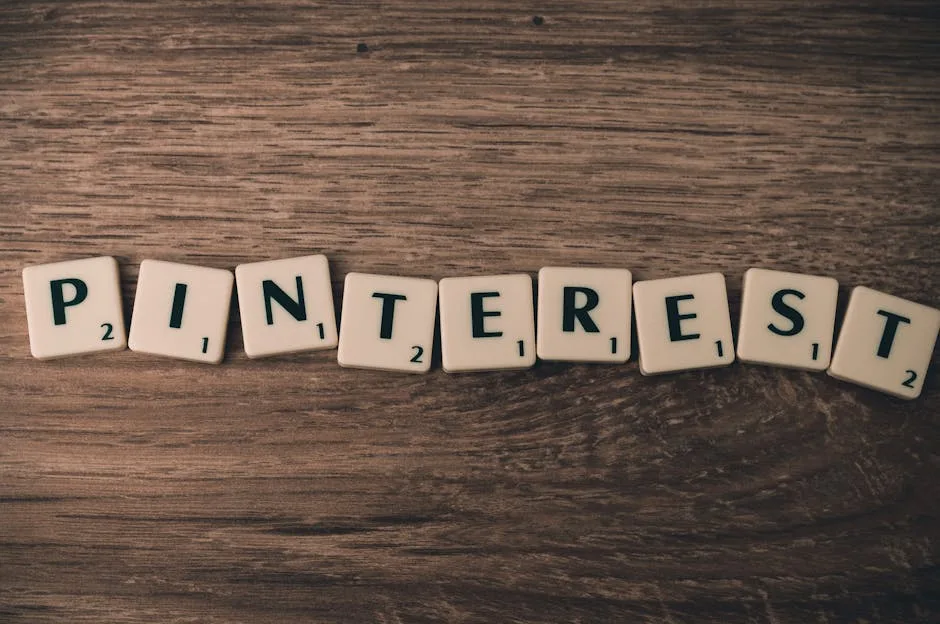
The U.S. Federal Trade Commission (FTC) has accused Meta of maintaining an illegal monopoly in social media through its acquisitions of Instagram and WhatsApp. Internal documents presented in court suggest Meta sought to “neutralize” competitors, raising questions about anti-competitive practices in the tech industry1. This case could reshape the social media landscape and set precedents for future antitrust enforcement.
TL;DR: Key Points
- The FTC alleges Meta illegally monopolized social media via Instagram (2012) and WhatsApp (2014) acquisitions1
- Internal emails reveal Mark Zuckerberg discussed “neutralizing” competitors pre-acquisition2
- Meta argues the market includes TikTok and YouTube, rejecting the FTC’s narrow “personal social networking” definition3
- Judge Boasberg is considering Meta’s motion to dismiss; ruling could force divestiture4
The FTC’s Core Allegations
The FTC’s case centers on Meta’s acquisition strategy, particularly the 2012 Instagram purchase ($1 billion) and 2014 WhatsApp deal ($19 billion). Internal documents show Meta executives, including Zuckerberg, discussing these acquisitions as defensive moves against potential competitors1. Instagram co-founder Kevin Systrom testified that Meta restricted Instagram’s independent growth post-acquisition, supporting the FTC’s anti-competitive claims2.
One critical piece of evidence is a 2008 email where Zuckerberg wrote about potential acquisitions: “It’s better to buy than compete.” The FTC argues this mentality led to a pattern of anti-competitive behavior3. They presented hundreds of documents showing Meta’s internal discussions about market dominance, including metrics tracking competitor growth and strategies to limit their expansion.
Meta’s Defense Strategy
Meta has filed a motion to dismiss, arguing the FTC failed to prove monopoly power exists. Their legal team contends the social media market is broader than the FTC’s definition, including platforms like TikTok, YouTube, and X (formerly Twitter)4. During proceedings, Judge Boasberg questioned the FTC’s narrow market definition, suggesting it might not hold up in court5.
Tom Alison, Head of Facebook, testified that Facebook’s core functionality has shifted from friend/family connections to algorithm-driven content consumption. This supports Meta’s argument that they compete with all digital attention platforms, not just traditional social networks6. Meta also cited the January 2025 TikTok outage, where traffic diverted to multiple platforms, as evidence of a competitive landscape7.
Technical and Security Implications
While primarily a legal matter, this case has significant technical implications. A forced divestiture would require complex infrastructure separation between Meta’s platforms. Instagram and WhatsApp currently share authentication systems, data pipelines, and security infrastructure with Facebook. Splitting these would create major challenges in:
| Challenge Area | Impact |
|---|---|
| User Authentication | Separating single sign-on systems would require rebuilding auth flows |
| Data Storage | Currently shared databases would need partitioning |
| Security Monitoring | Existing SIEM integrations would require rearchitecture |
| API Ecosystems | Third-party integrations would break without compatibility layers |
The case also raises questions about platform security post-divestiture. Smaller, independent entities might struggle to maintain Meta’s current security investment levels, potentially creating new attack surfaces8.
Potential Outcomes and Industry Impact
Judge Boasberg could either dismiss the case or order structural remedies like divestiture. The latter would be the most significant antitrust action since the 1984 breakup of AT&T. Such a ruling could:
- Force Meta to sell Instagram and/or WhatsApp
- Require interoperability between competing platforms
- Limit future acquisitions by major tech firms
- Set precedent for ongoing cases against Google, Amazon, and Apple
FTC expert Scott Hemphill testified that Meta’s increasing ad load demonstrates monopoly power, as users tolerate more ads when alternatives are limited9. Conversely, Meta argues this reflects normal platform evolution and points to user surveys showing dissatisfaction across all social media, not just their properties10.
Conclusion
The Meta antitrust case represents a pivotal moment for tech regulation. Whether the court accepts the FTC’s narrow market definition or Meta’s broader interpretation will determine the outcome. Beyond legal consequences, the decision will influence how tech giants approach competition and acquisitions moving forward. Security professionals should monitor developments, as any structural changes to Meta’s platforms will have significant implications for enterprise security postures and third-party integrations.
References
- “Does Meta Have a Social Media Monopoly? Here’s What the U.S. Has Argued.” Medial.app, 2025. [Online]. Available: https://medial.app/news/does-meta-have-a-social-media-monopoly-heres-what-the-us-has-argued-6b0966b754ae6
- “FTC v. Meta: Antitrust monopoly trial over Instagram and WhatsApp.” The Verge, 2025. [Online]. Available: https://www.theverge.com/news/646809/ftc-v-meta-antitrust-monopoly-trial-instagram-whatsapp
- “Meta urges federal judge to dismiss FTC case.” The Hill, 2025. [Online]. Available: https://thehill.com/policy/technology/5303812-meta-urges-federal-judge-to-dismiss-ftc-case
- “My company competed against Facebook. Here’s what happened.” Newsweek, 2025. [Online]. Available: https://www.newsweek.com/my-company-competed-against-facebook-heres-what-happened-opinion-2063246
- “Meta says no proof of monopoly power, wants FTC case dismissed mid-trial.” Ars Technica, 2025. [Online]. Available: https://arstechnica.com/tech-policy/2025/05/meta-says-no-proof-of-monopoly-power-wants-ftc-case-dismissed-mid-trial






